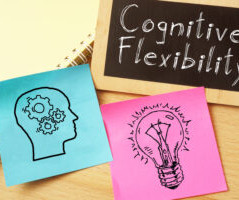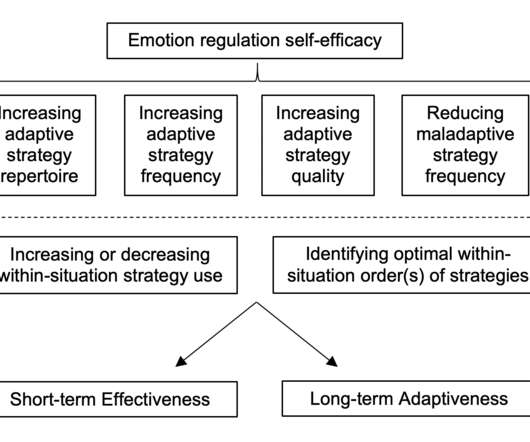NASW Member Voices: ADHD and Mindfulness
Social Work Blog
FEBRUARY 17, 2023
Mindfulness is a practice that encompasses a variety of mindfulness-based interventions. One study found these interventions to be complementary to other active treatments for ADHD, like behavioral interventions and medication. Distress tolerance and emotion regulation are cornerstones of ADHD issues, which DBT skills target.












Let's personalize your content